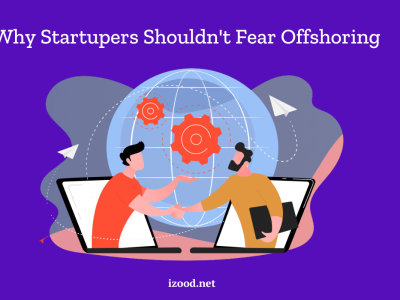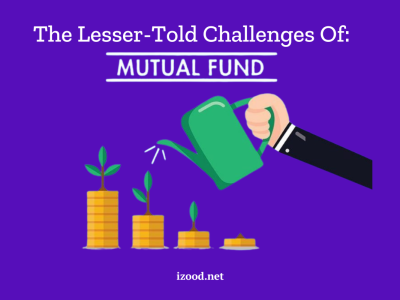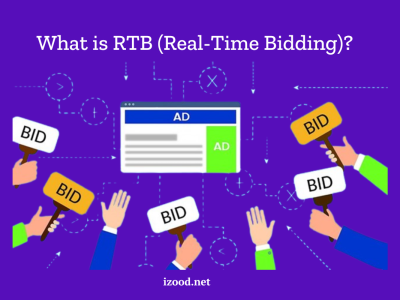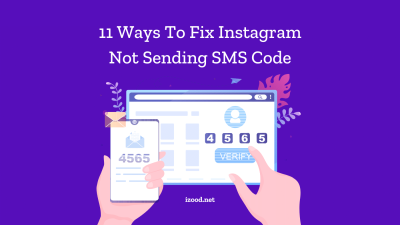
Selling a business is probably the most significant transaction in an entrepreneur’s life. Successful sales happen with careful planning and preparation.
As the boomer generation moves to retire, Canada is undergoing pronounced changes in business ownership. Experts have said Canada is a buyer’s market because so many businesses are being sold. Your company needs to stand out from the crowd.
If you plan on selling your company, consider the following six aspects to keep your wealth and maximize your value.
1. Your business’s fluctuating value
Many of the aspects of getting the maximum return are to be considered well in advance of the sale. You must be able to demonstrate that your business is very valuable. The best way to do that is to show solid profit in the last few years. If you were building an online store right before COVID, that shouldn’t be a problem.
You can improve your profit by developing and executing a marketing plan focused on repeat customers. Analyze processes for efficiency to improve profitability and establish repeatable ones to augment your productivity. Profitability and its provability are the biggest drivers of business value.
2. The completeness of your records
You must be prepared for the due diligence any prospective buyer will perform. Documents such as financial statements, detailed asset lists and descriptions, supplier and customer contracts, minute books, employment contracts, and any outstanding liabilities must be readily available.
Your candidate buyers will want to see a summary of your business. This involves the preparation of a confidential information memorandum (CIM) on your part. You might develop an electronic data room for potential buyers to check your due diligence documents.
Even the most promising deal can get derailed during due diligence, so make sure you are organized and ready to answer any question.
3. The buyer
The buyer can be more important than the negotiated value of the deal. Their persona and peculiarities can impact the purchase price, the business’s trajectory after the transaction, and how much cash you receive at closing compared to deferred value.
If you choose to sell to a company executive or family member, you should expect less upfront cash on closing. However, the deal will probably be less disruptive to the business’s continuity, and the likelihood of post-transaction success will be higher. Selling to an external entity will help you achieve a higher price, especially if multiple candidates exist.
4. The (up to) 55% tax
When you sell a business as a sole proprietor, you’re selling the assets of an unincorporated company. Those can include machinery, inventory, clients, goodwill, etc. You can sell some assets and keep others if you choose. In every event, you will owe capital gains tax on the difference between the cost of the assets and the proceeds. The personal tax goes up to 27%, but the exact amount depends on your province and your other sources of income.
If you claim asset depreciation, your income is subject to a tax rate of up to 55%, again depending on your province of residence and your other income.
5. Using a broker
Many sellers are tempted to eschew brokers because of their fees. However, a broker can help the sale move forward. They can eliminate many frustrations and hassles of selling. If you hire an expert, they will make sure you obtain the maximum value and end up with the best sale structure. A broker takes care of documenting and marketing, which improves your prospects.
6. Customer concentration
Buyers consider reliance on a few key clients a risk, particularly if the business doesn’t retain them after the sale. Concentration is high if a single customer comprises 10% of revenue or more. Try to land new contracts before the sale if this is an issue. This will give prospective buyers the confidence that your business’s client base is sustainable.











